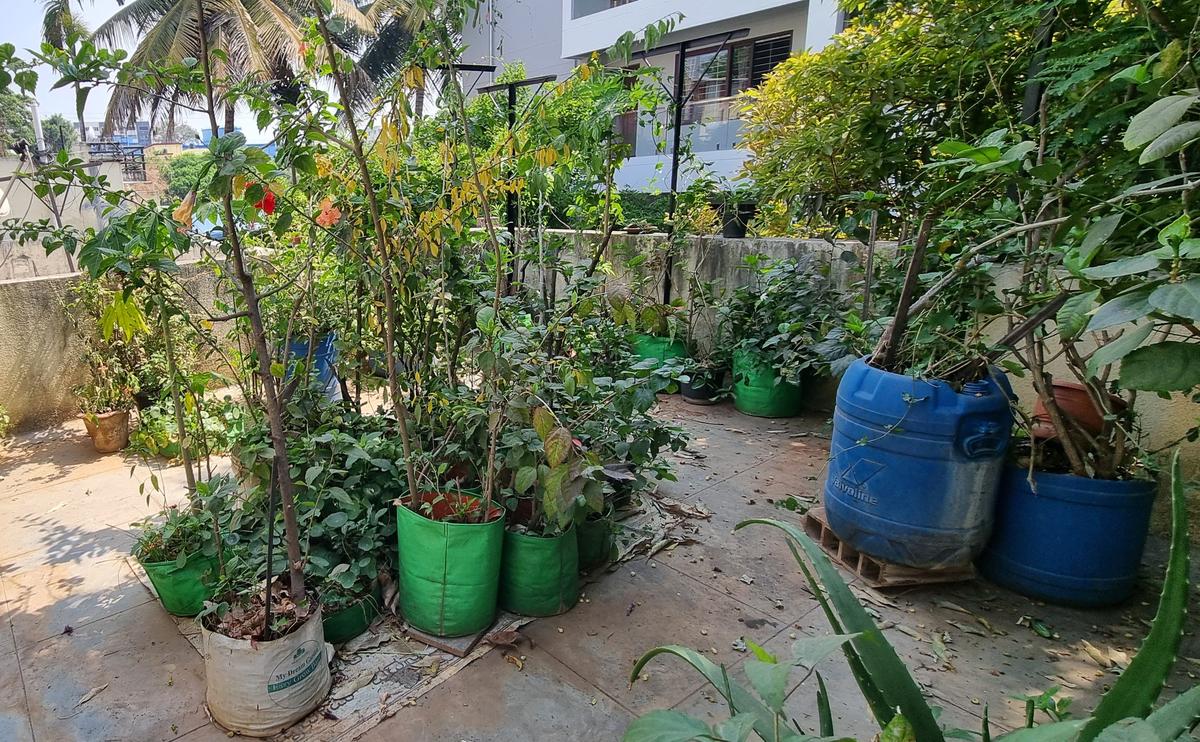Bengaluru Parks Stay Green with Treated Water and publish
Bengaluru is staring at an escalating water crisis as groundwater levels on the city’s outskirts plummet by 10 to 15 metres, triggering immediate action from civic authorities. The Bengaluru Water Supply and Sewerage Board (BWSSB) has enforced stringent regulations banning the use of potable water for non-essential activities such as gardening, car washing, swimming pools, and construction. Those flouting the directive will face fines starting at ₹5,000, with additional penalties for repeat violations.
Amid these measures, the Bruhat Bengaluru Mahanagara Palike (BBMP) has taken a proactive approach to sustain the city’s green cover by shifting to treated sewage water for maintaining Bengaluru’s 1,280 parks. The BBMP’s Chief Commissioner, has directed officials to assess the demand for water across parks, lakes, and roadside plantations. A report on borewell conditions in BBMP-managed parks is expected soon, ensuring that dried-up water sources receive immediate attention. BBMP’s Horticulture Department, in collaboration with BWSSB, is mapping parks to the nearest sewage treatment plants (STPs) to streamline the supply of treated water. So far, 120 parks have been identified as requiring urgent intervention, but a comprehensive list is expected within a week. Additionally, STP-treated water will also be used for median plantations and pavement greenery, reducing dependency on drinking water.
The initiative has drawn support from residents, who recall how parks turned barren last summer due to severe water shortages. Many see the move as a sustainable alternative that preserves potable water for essential consumption. However, some remain cautious, highlighting concerns about the quality of treated water. Past experiences with subpar STP treatment have led to complaints of an unpleasant odour, raising the need for stringent quality checks before large-scale implementation. Beyond governmental measures, Bengaluru’s residents have been adopting innovative ways to conserve water. Housing societies and individual households are reusing wastewater from kitchens and reverse osmosis (RO) purifiers to nurture their gardens. In Kasturinagar, the Aristocrat Apartments association has repurposed nearly 600 litres of RO reject water daily for mopping, gardening, and car washing. By equipping residents with collection containers and setting up a distribution system, they have successfully reduced reliance on fresh water.
Similarly, in Poornapragna Layout, a family diverts water used for washing vegetables and cooking to nourish their home garden. They also harvest rainwater, ensuring year-round water availability even during peak summer months. Meanwhile, in Jayanagar, another household has installed a simple pump system to distribute collected kitchen wastewater to their garden, demonstrating the practicality of small-scale water recycling.
The unfolding crisis underscores Bengaluru’s pressing need to transition towards sustainable water management. With civic bodies enforcing stricter regulations and residents embracing innovative conservation methods, the city is gradually adapting to a future where every drop counts. However, the success of these measures hinges on robust quality control and public cooperation, ensuring that water security does not come at the cost of public health. As the scorching summer approaches, Bengaluru’s water challenge will be a defining test of its resilience and commitment to sustainability.




